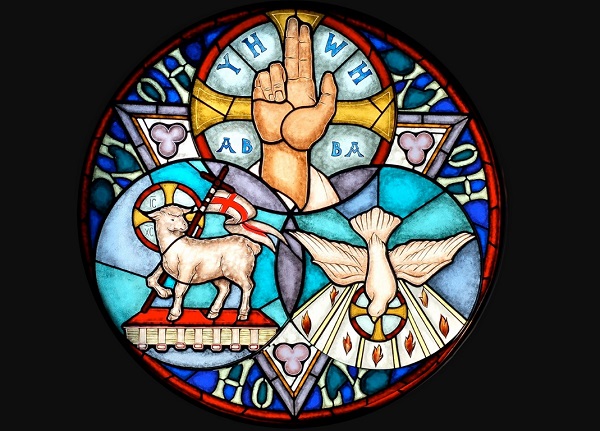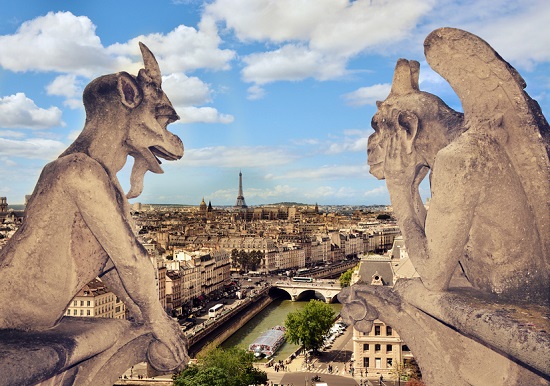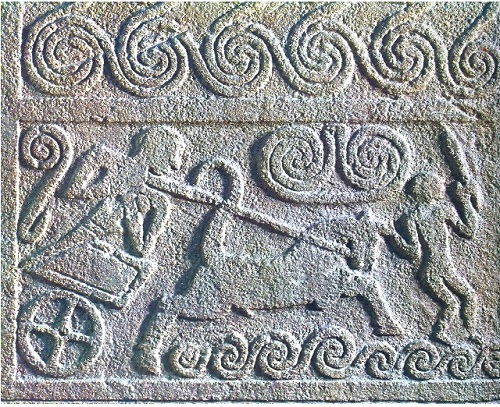
This questions is phrased with a very telling, tacit admission. “You can believe in your god. I can believe in a flying spaghetti monster. What’s the difference?” First of all, by the way the question is phrased, if I were a betting man, I’d be willing to wager two things:
1. The Flying Spaghetti Monster is not your God.
2. You don’t really believe the Flying Spaghetti Monster exists.
While I’m at it, let me make a third observation:
3. The followers of the cult of the Flying Spaghetti Monster (FSM) think it cute to call themselves “pastafarians”[1]. They don’t treat the cult as a serious religion, nor do they take the FSM as a real anything except a real tool of satire and mocking, which is what this farcical, nonexistent monstrosity was created to be. Supposed adherents and followers feign belief and pretend both it and their make believe religion are real, but, as you can see, their very language gives them away. So let’s take these observations one by one to demonstrate that this questioner is just play-acting at believing in the Flying Spaghetti Monster.
Continue Reading








